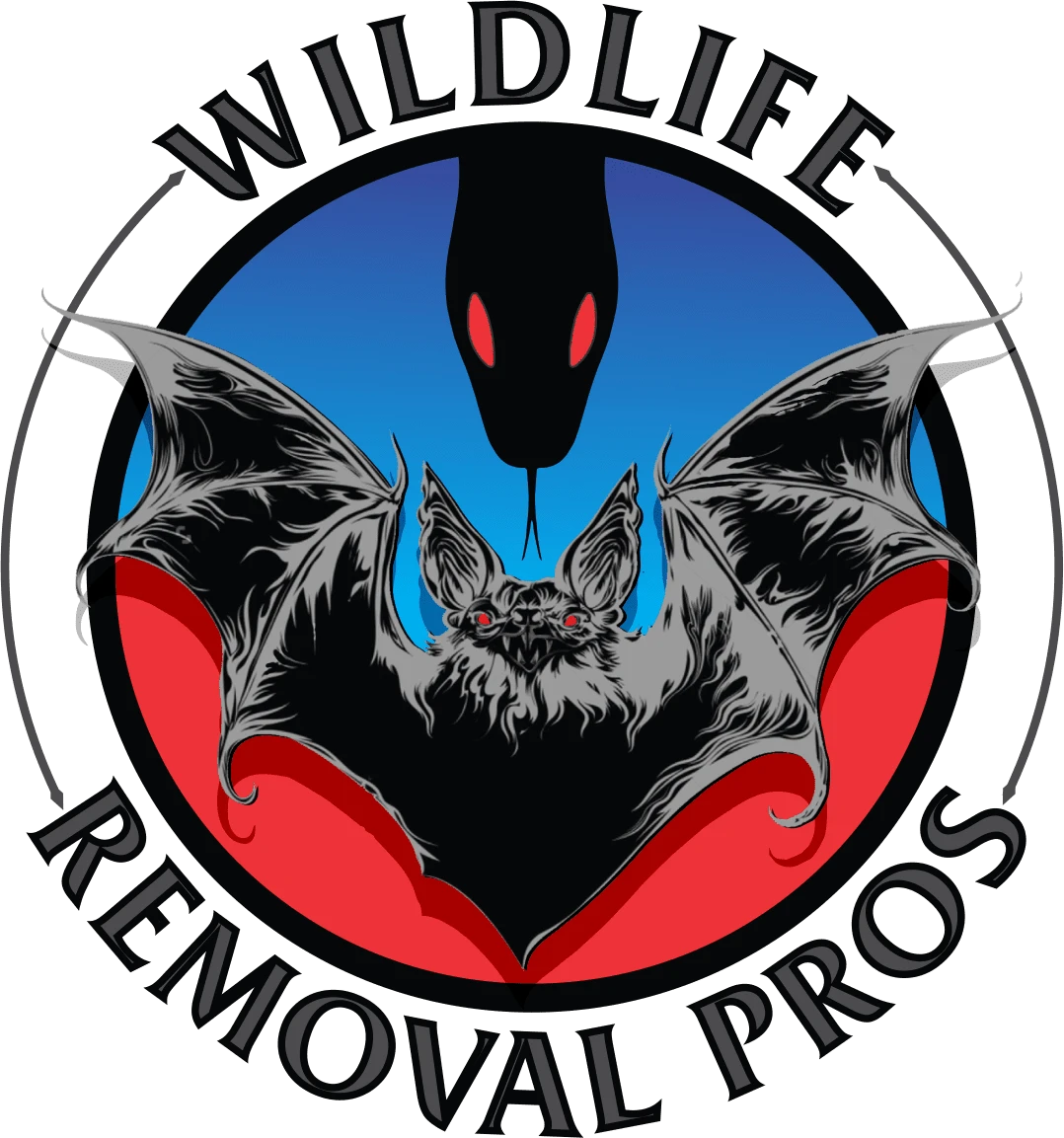Risks Associated with Bats Living in Attics
As a wildlife control professional, one of the common challenges we encounter is bats taking up residence in attics. While bats play a crucial role in our ecosystem by keeping insect populations in check, having them roost in your attic can pose significant risks to both your property and your health. In this article, we will delve into the various risks associated with bats living in attics, highlighting the importance of seeking professional assistance to address this issue.
Structural Damage
When bats infest attics, they can cause substantial structural damage over time. One of the primary reasons for this is their accumulation of guano, or bat droppings. Bat guano is not only unsightly and foul-smelling but can also deteriorate insulation, ceiling materials, and even the woodwork in your attic. The acidic nature of bat droppings can lead to costly repairs if left unaddressed for an extended period.
Furthermore, bats may also gnaw on electrical wiring, posing a serious fire hazard. The combination of their sharp teeth and the potential exposure of wires can lead to short circuits and potentially catastrophic consequences. It is crucial to address bat infestations promptly to mitigate the risk of any structural damage to your property.
Health Concerns
Beyond the potential damage to your property, bats living in attics can also pose health risks. One of the primary concerns is histoplasmosis, a fungal infection caused by breathing in spores present in bat droppings. Histoplasmosis can lead to respiratory problems, especially in individuals with compromised immune systems or pre-existing respiratory conditions.
Additionally, bats are known carriers of various diseases, including rabies. While the incidence of rabies in bats is relatively low, it is still essential to exercise caution. Any contact with bat saliva, whether through bites or scratches, should be taken seriously and evaluated by a medical professional. Seeking professional assistance to remove bats from your attic can significantly reduce the risk of exposure to these diseases.
Noise and Disturbance
Bats are nocturnal creatures, meaning they are most active during the night when you are trying to sleep. Their constant fluttering and squeaking can disrupt your sleep patterns, leading to sleep deprivation and potential health issues associated with it. Moreover, the presence of bats in your attic can cause anxiety and stress for some individuals, impacting their overall well-being.
Attempting to remove bats from your attic without professional help can often exacerbate the situation, causing even more noise and disturbance. It is crucial to rely on the expertise of wildlife control professionals who understand the behavior of bats and employ effective and humane removal techniques.
Conclusion
In conclusion, having bats living in attics can pose various risks that should not be taken lightly. From structural damage and potential fire hazards to health concerns and disturbances, it is essential to address bat infestations promptly and seek professional assistance. As a wildlife control professional, we have the knowledge, experience, and tools to safely and effectively remove bats from your attic, ensuring the well-being of both you and your property. Don’t hesitate to reach out to professionals to mitigate the risks associated with bats living in attics.
